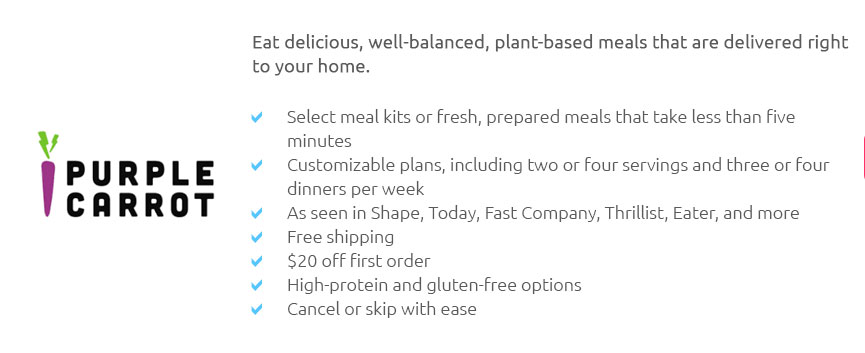 |
 |
 |
|---|
 |
|---|
 |
||||||
|---|---|---|---|---|---|---|
|
||||||
 |
 |
|||||
 |
 |
|||||
 |
 |
|||||
 |
 |
|||||
 |
 |
|||||
 |
 |
|---|
|
i8olmyuc7xg Exploring the Convenience and Benefits of Low-Calorie Meal Delivery ServicesIn today's fast-paced world, where time is often a luxury many cannot afford, the emergence of low-calorie meal delivery services has revolutionized the way individuals approach nutrition and dietary preferences. These services have gained immense popularity, offering a convenient solution for those who wish to maintain a balanced diet without the hassle of meal preparation. With a myriad of options available, from plant-based delights to protein-rich dishes, these services cater to a diverse array of dietary needs and preferences. One of the primary considerations when opting for a meal delivery service is the quality and variety of the meals offered. Consumers should look for services that provide a wide range of menu options that not only cater to calorie-conscious individuals but also incorporate a balance of macronutrients essential for optimal health. Many services pride themselves on their ability to offer seasonal and locally-sourced ingredients, ensuring that meals are not only nutritious but also support sustainable practices. Another critical factor is customization and flexibility. The best meal delivery services recognize that dietary needs can be highly personal and often provide options to tailor meals according to specific preferences or health goals. Whether one is seeking to lose weight, manage a health condition, or simply eat cleaner, the ability to personalize meal plans can significantly enhance the overall experience and satisfaction of the service. While the convenience of having nutritious meals delivered directly to one's doorstep cannot be overstated, it is essential to consider the cost implications. For some, the expense of a meal delivery service may be justified by the time saved on grocery shopping and cooking, as well as the potential reduction in food waste. However, it is wise to compare different services and evaluate the cost-per-meal to determine if it aligns with one's budgetary constraints. In addition to cost, potential subscribers should also evaluate the delivery logistics. Factors such as delivery frequency, packaging sustainability, and geographic coverage play a significant role in the overall satisfaction of the service. Many companies are now offering environmentally friendly packaging solutions, which can be a decisive factor for the eco-conscious consumer. Furthermore, it is prudent to research and read reviews on the reputation and reliability of the meal delivery service. Customer testimonials can provide valuable insights into the quality of the meals, punctuality of deliveries, and overall customer service experience. It is always beneficial to select a service that consistently receives positive feedback and demonstrates a commitment to customer satisfaction. Ultimately, the decision to engage a low-calorie meal delivery service should be guided by a careful consideration of personal dietary goals, lifestyle needs, and budgetary constraints. For those seeking to simplify their mealtime routine while maintaining a healthy, calorie-conscious diet, these services offer a compelling solution that marries convenience with nutrition. https://www.cookunity.com/diets/low-calories?srsltid=AfmBOorq7HR7AfTOKEZFKo6Cb38xAcSsymxnOxBw8varH7JF4zHOYxyD
Let us know what you love ... https://www.blueapron.com/meal-delivery-kits/low-calorie?srsltid=AfmBOoq8YgKSqqbrxQ0quDHVDG7mbpOmDrzVyJOGmfiTeXCtXSeVkz7A
How does meal delivery work for calorie-conscious meals? Blue Apron's meal kit delivery service helps chefs of all levels cook incredible meals at home. We take ... https://www.magickitchen.com/low-fat-meal-delivery
At MagicKitchen.com, our chefs do all the work, and you simply reheat a fresh, tasty low fat prepared meal. Our Low Fat Complete Meals are dietitian designed to ...
|
|---|


